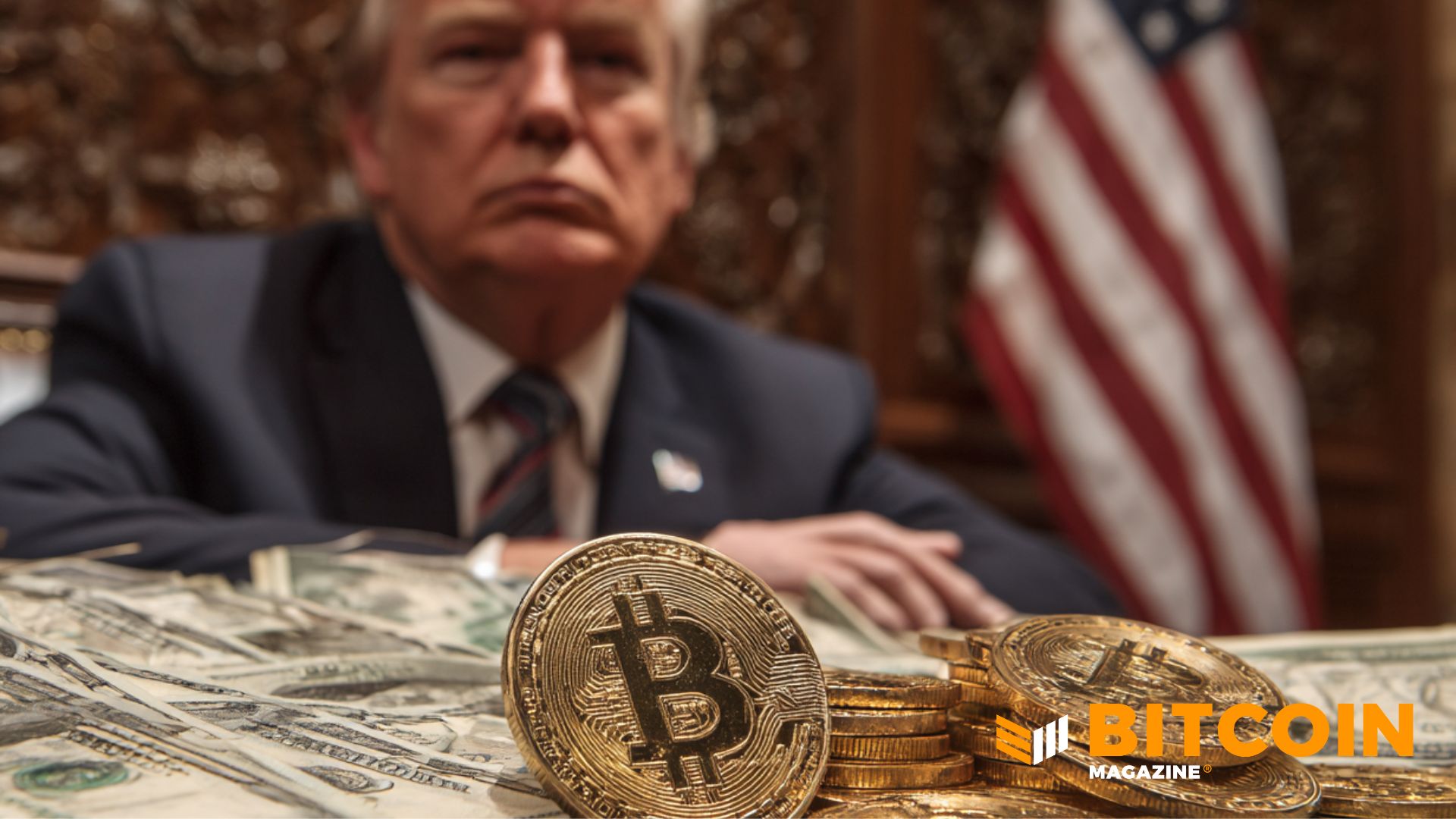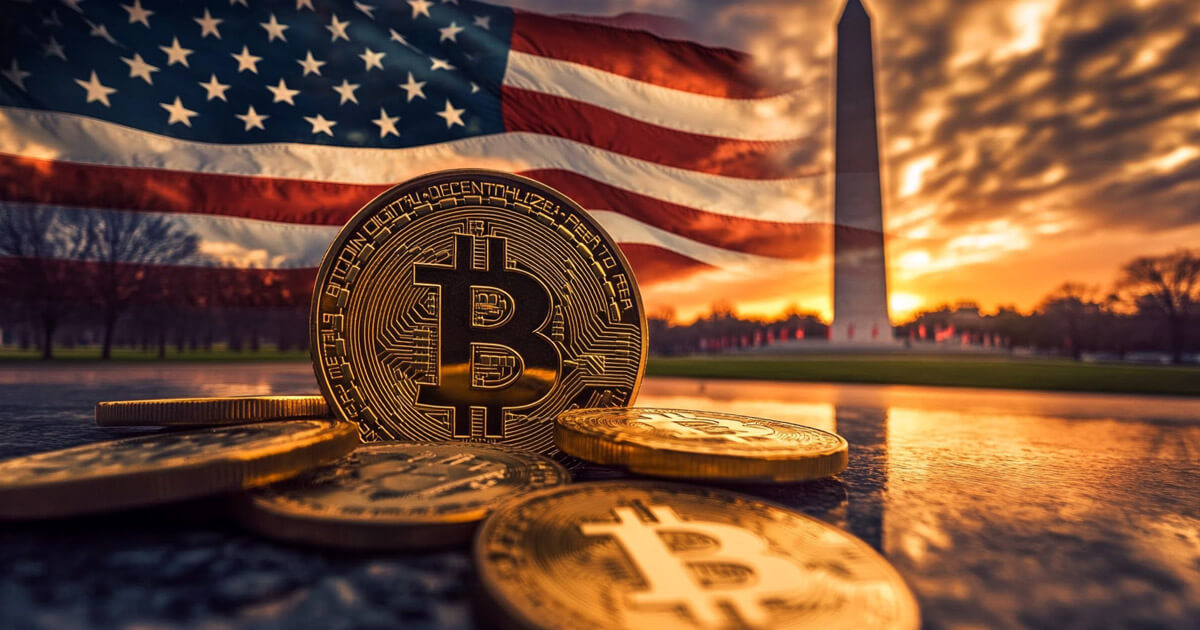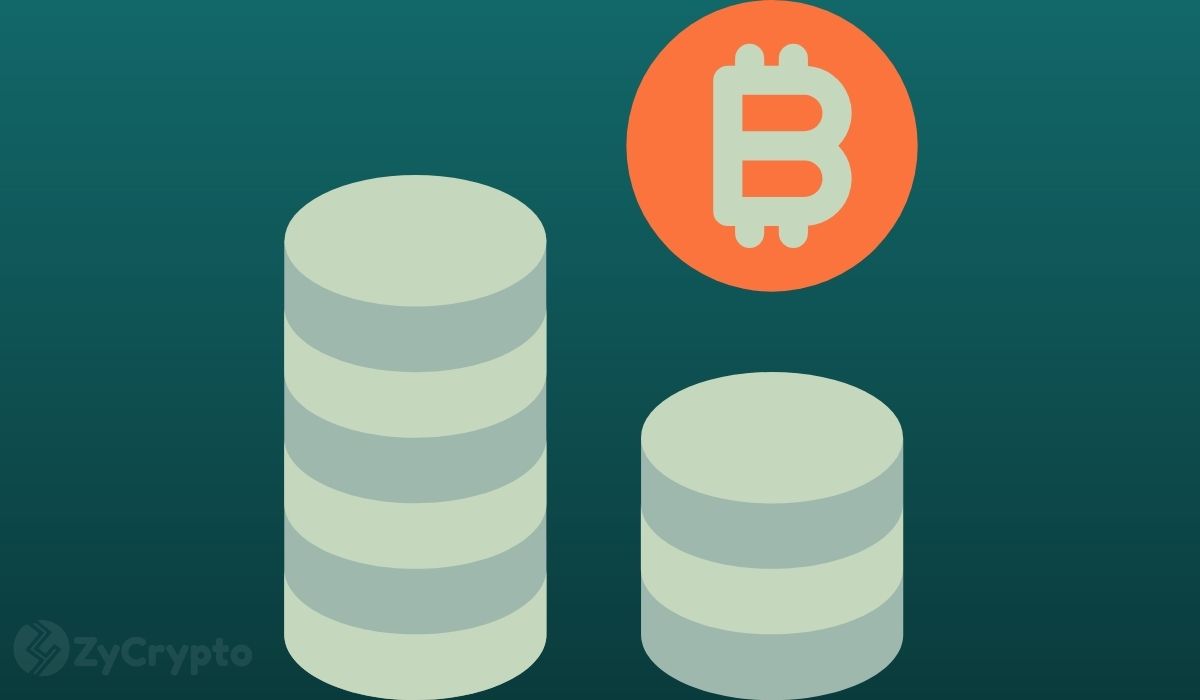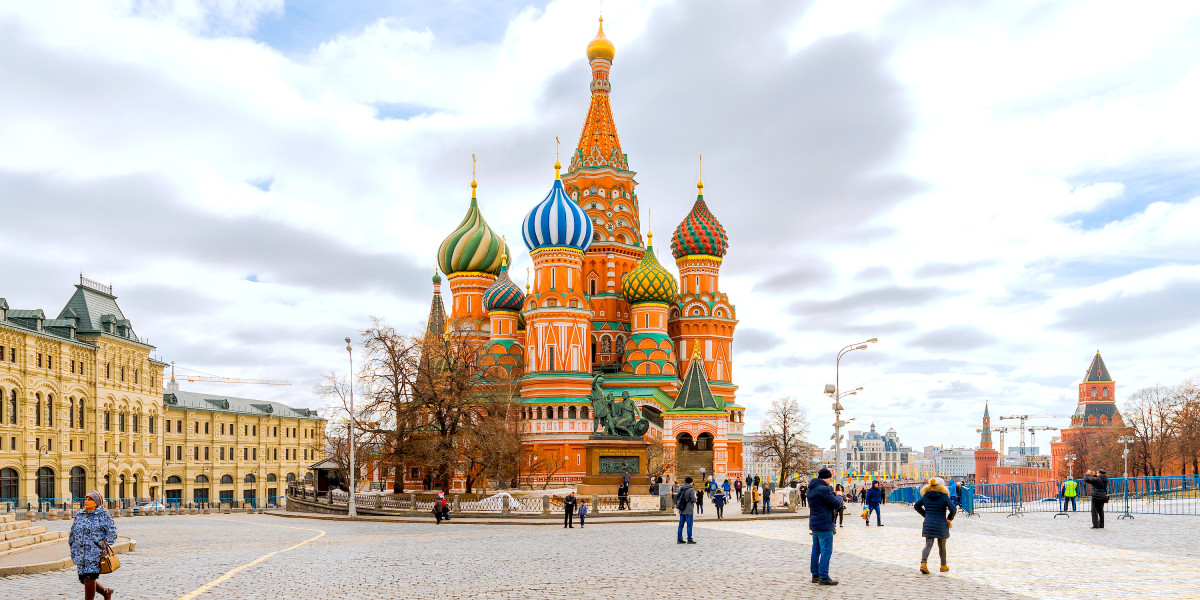
2024-12-13 06:16 |
Capriglione outlines the vision of the reserve. The proposed legislation will allow Texas to collect taxes, fees, and donations in bitcoin. These funds would be held for at least five years.
“Probably the biggest enemy of our investments is inflation,” Capriglione explained. “A strategic bitcoin reserve, investing in bitcoin, would be a win-win for the state.”
A strategic initiative could enhance Texas’ fiscal stability while reinforcing its position as a leader in bitcoin innovation. Capriglione introduced the bill with a clear objective. He filed the bill to establish a bitcoin reserve within the state’s treasury and regulate government entities’ cryptocurrency management.
Texas Eyes Bitcoin Tax Flexibility in LegislationTexas boasts the second-largest economy in the U.S. and ranks eighth globally. Additionally, the state has the highest number of Bitcoin miners in the country. Supporters hope these miners will start paying taxes in Bitcoin. While the bill doesn’t currently propose a direct Bitcoin purchasing plan, it opens the door for future flexibility.
Capriglione aims to keep the legislation broad. He emphasizes that this initial step provides room for options and adaptability. If he gains support from fellow lawmakers, the legislation could become even more robust. The objective is to establish a framework capable of evolving with the digital currency market.
“This initial step is to allow some optionality and flexibility,” he noted. “If I am able to get support from other legislators, we will make it even stronger.”
Interest in a national bitcoin reserve has grown since President-elect Donald Trump’s crypto-friendly promises. Since the election, bitcoin prices have surged over 45%. Investors are optimistic that the creation of a strategic reserve will push prices even higher.
States Push for Bitcoin Reserve BillsMany question whether the U.S. will create a national Bitcoin reserve or lead the way. Despite doubts, the idea has generated considerable interest. John Todaro from Needham stated that while a national reserve seems improbable, its discussion revitalizes market confidence. Although it may not drive substantial price increases, it cultivates optimism and enthusiasm.
Even if the federal government hesitates, numerous states are prepared to take action. Pennsylvania recently proposed a groundbreaking bitcoin reserve bill, becoming the first to do so. Other states are eager to follow, with at least 10 states and four countries exploring similar legislation. Porter, a key figure in the Texas bill, is advising lawmakers in various regions on bitcoin policy development.
The Satoshi Action Fund has played a pivotal role in advancing these initiatives. The organization has introduced 30 bills, including Pennsylvania’s bitcoin reserve proposal. Additionally, states like Oklahoma, Louisiana, Montana, and Arkansas have enacted laws safeguarding cryptocurrency rights, covering areas such as mining, self-custody, and peer-to-peer transactions.
Trump, Lummis Push Bitcoin Reserve PlansIn July, Trump addressed the Bitcoin 2024 conference in Nashville, announcing plans for his administration to retain all U.S. government-held or future-acquired bitcoin as a core component of a national strategic stockpile. Concurrently, Wyoming Senator Cynthia Lummis introduced the BITCOIN Act, further advocating for a national reserve.
Meanwhile, Texas moves forward despite federal ambiguity. The proposed bill offers adaptability, allowing for growth while providing the option to accept Bitcoin payments. This shift positions Texas to combat inflation and establish a foothold in the expanding digital economy.
The proposed reserve isn’t just about financial stability. It also aims to strengthen Texas’ reputation as a hub for Bitcoin innovation. If successful, it may inspire other states to pursue similar paths. The bill represents a strategic gamble with potentially high rewards, especially in an economy grappling with inflation and rapid technological change.
origin »Bitcoin price in Telegram @btc_price_every_hour
Toast.finance (HOUSE) на Currencies.ru
|
|














